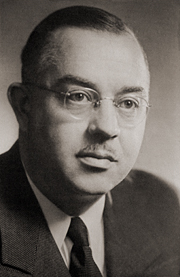A Quote by Johann Wolfgang von Goethe
If thou wouldst hear what seemly is and fit, inquire of noble woman; they can tell, who in life's common usage hold their place by graceful deed and aptly chosen word.
Related Quotes
Well, then, Lord Jesus! I will creep if I cannot walk; I will take hold of Thy word. When I stumble, Thou wilt support me; when I fall, Thou wilt hold out Thy cross, and help me with it to rise again, until at length I reach the place where Thou art, and with all my weaknesses and wants, cast myself into Thy bosom.
It seems that wherever the Welfare State is involved, the moral precept, "Thou shalt not steal," becomes altered to say: "Thou shalt not steal, except for what thou deemest to be a worthy cause, where thou thinkest that thou canst use the loot for a better purpose than wouldst the victim of the theft."
If thou hadst thy will what wouldst thou reserve?" said Manwe. "Of all thy realm what dost thou hold dearest?" All have their worth," said Yavanna, "and each contributes to the worth of the others. But the kelvar can flee or defend themselves, whereas the olvar that grow cannot. And among these I hold trees dear. Long in the growing, swift shall they be in the felling, and unless they pay toll with fruit upon their bough little mourned in their passing. So I see in my thought, would that the trees might speak on behalf of all things that have roots, and punish those that wrong them!
































